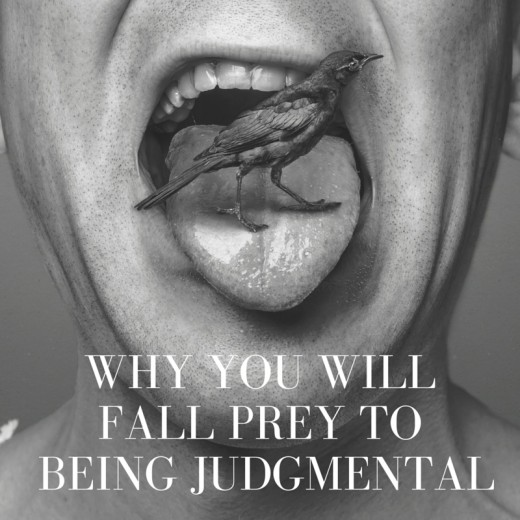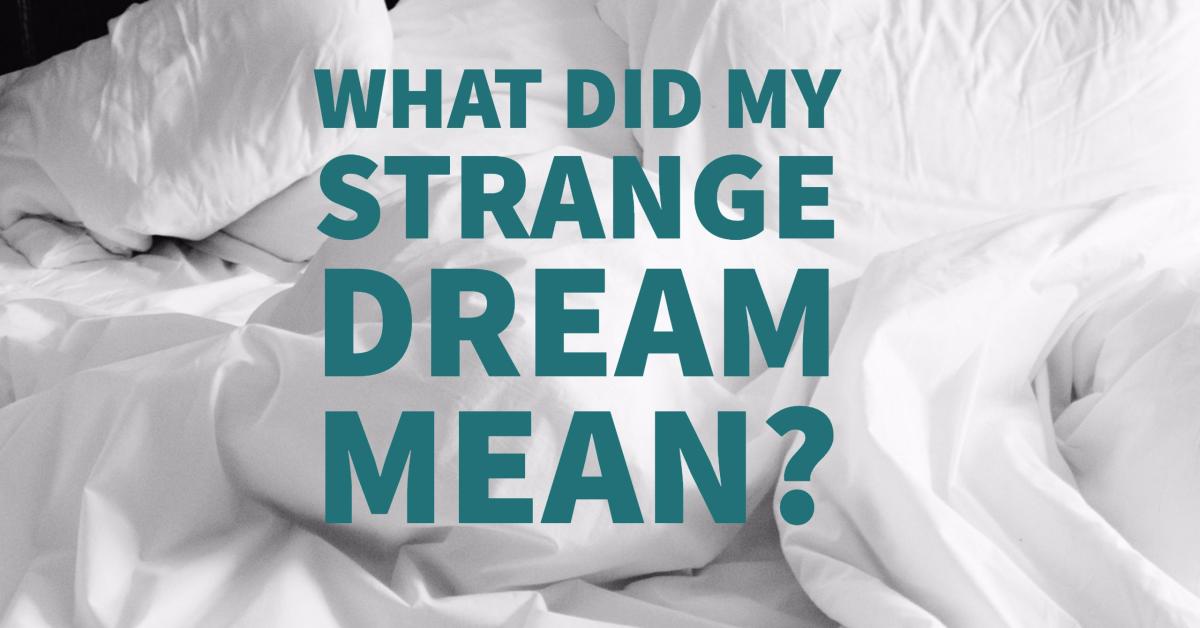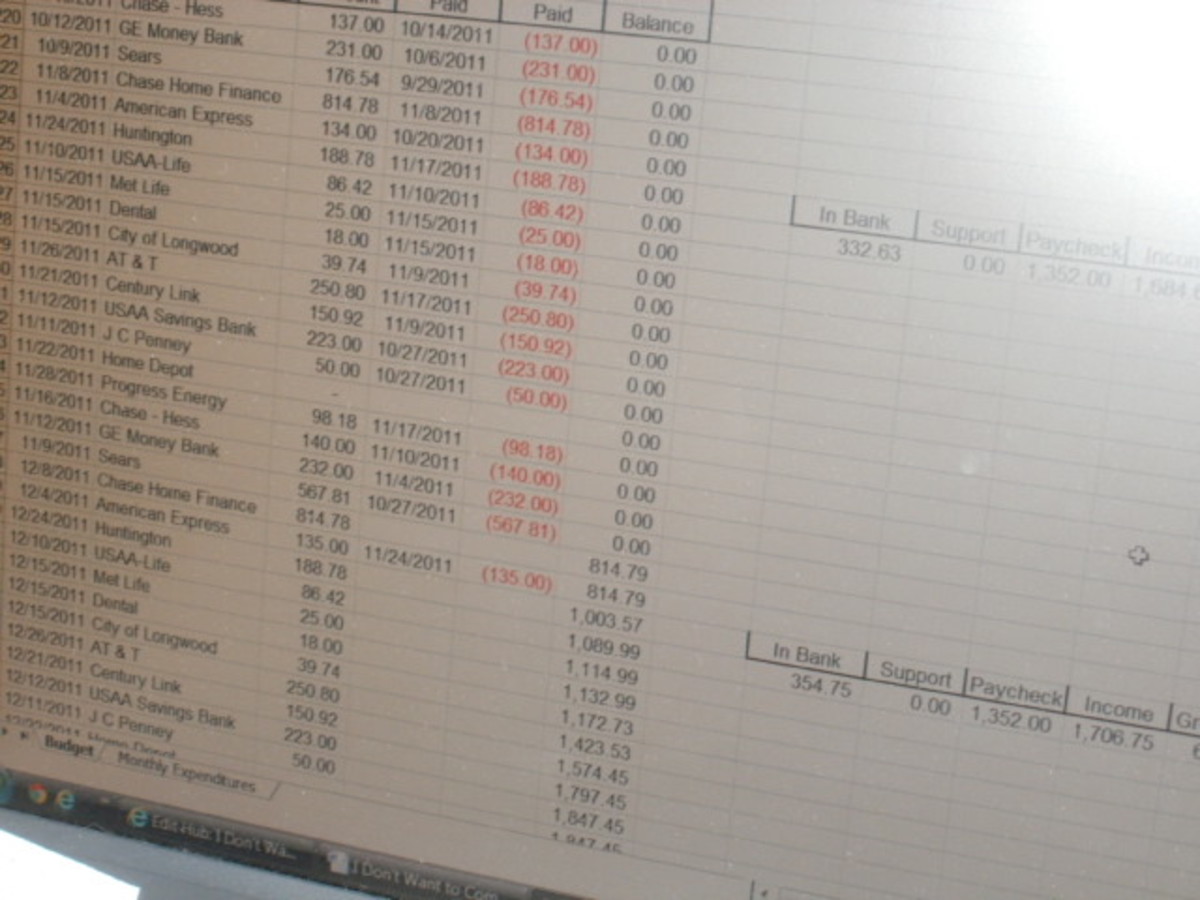Why is Society Judgemental?

The road to being judgmental
You vary the key, you vary the word/that is free to drift with the flakes./What snowball will form round the word/depends on the wind that rebuffs you.
Paul Celan - With A Variable Key
When does think for yourself turn into think for yourself against others? At points in their lives, people accept they have biases, yet they link them to inexperience or naivety. After that, they pick other domains were they repeat the initial behavior.
Yes, there is always going to be an "us and them"; however, diversity is normal and beautiful. When people take a stance against the normal, personal options of others, they become hate mongers.
Expressing opinions in order to appear as having a strong personality does not make anyone right. Going to extremes, surely Hitler appeared to be quite self-assured.
In short, the road to being judgmental is an easy one to take; by nature we have biases, we tell ourselves stories even if they are not true, and we need to survive.
We are biased by nature
In the first place, we are biased by nature. It is not something we can completely control. That is, we are unfairly prejudiced in favor of some ideas, people, or peoples or against them.
On the one hand, we are affected by a wide spectrum of cognitive biases. Plenty of books researching the subject have been published in the last decades. For example, Thinking Fast and Slow by Daniel Kahneman or Predictably Irrational by Dan Ariely.
The blame for biases can be cast on our memory, our emotions, and our reliance on past experiences, tradition, and culture. To name just a couple of cognitive biases: the self-serving bias, where we reason that our successes are due to ourselves, and our failures are the fault of others, and the belief that if we easily understand something, that makes it true.
On the other hand, we have biases for or against people. For example, diversity advocate Vernā Myers illuminates that not even someone in her position is exempt from biases
(she does that) work every day, and (she sees) all (her) biases.
People lie to themselves when stating they don’t have biases, as a bias is mostly an unconscious choice. Reading books or taking tests in not enough to render us unbiased; however, they are steps towards awareness.
Vernā Myers states that a solution is to seek positive examples of the types of people we are biased against. In time, our reasoning associations might change.
The solution for changing the self-serving bias is being in the company of friends. As
friendship places boundaries on individual self-enhancement.
(Campbell)
In general, focused attention on our thinking patterns might make us more rational. All in all, our natural setting is having unconscious preferences. If we are not careful, that might be an initiation point for judgmental behavior.

Judging and being judgmental are both linked to reasoning
To be sure, judging and being judgmental have in common their link to reasoning. However, judging means
to form an opinion about (something or someone) after careful thought.
(merriam-webster.com)
Being judgmental is defined as
(rushing) to judgment without reason.
(vocabulary.com)
Judging is normal. It is impossible to not judge ideas, situations, others, or ourselves. However, it is essential how we judge. That is, we should not judge hypocritically. Being judgmental is closely linked to believing one is better than others.
Judging is respecting others and yourself enough to invest time and energy in forming opinions and estimations. Being judgmental is trusting yourself as competent enough to offer sentences without too much consideration.
We tell ourselves stories
Also, we are defined by stories, we create them in order to survive. However, that does not entail that we always tell the true one.
Jonathan Gottschall, the author of the Storytelling Animal, states that humans
live inside a storm of stories (...) story is how we communicate with each other, it’s how we connect with each other, it’s how we learn, it’s how we think.
Yet, sometimes the stories we tell to ourselves are
confabulations – lies, honestly told
(Gottschall)
People create them as they need certainty more than they need the truth. Healthy, normal individuals live by this pattern. Author Brené Brown states in Rising Strong that confabulations are the interplay of
emotion, behavior, and thought.
In order to catch the confabulation, it is useful to formulate the continuation to the phrase
the story I am telling myself is
(Brown)
In the aftermath of the 2008 economic crisis, economist Tyler Cowen advised
to be suspicious of stories.
He also confessed that
the more inspired a story makes (him) feel, the more nervous (he gets).
(Cowen)
Consequently, we have to pay attention to the stories we live in. We have to select, look into the stories that make us uncomfortable, and wonder about the ones that make us too excited. The way out is also through stories, yet this time intentionally created ones.
Briefly, when we have a hard time understanding something when some things don’t fit into our world, we create stories that are, perhaps, bases for future bias. In order to avoid being rushed, exaggerated, or wrong we have to pay attention to the stories we tell ourselves.

Judgmental behaviors disguised as rectitude
With this in mind, we observe that judgmental behaviors are at times disguised as rectitude.
For example, the “what people are doing to this planet” topic. To keep on the light side, there is on the internet an anonymous quote stating that
Humans are the only creature in this world who will cut down a tree, make paper from it, and then write save the trees on it.
Yes, it is smartish. However, one of the hidden pollutants in this world is the internet, as it consumes a great deal of energy. It has been shown that sending an email with a document attached consumes as much as using a low power light bulb for an hour. Also, data-centers are huge energy consumers.
It turns out that humans are the only race capable of using a pollution source in order to raise awareness on how nature is being destroyed. If you are not some lucky being living somewhere remote and self-sustained, you pollute. You use the internet, you use transportation, you consume. Being judgmental neither separates anyone nor makes them better humans.
In the same vein, the internet is the most used place for cognitive shaming, a more refined form of shaming. That is the “can’t believe such people exist” reasoning.
For example, Science vs. Religion or political topics, at times, turn into heated “debates”. Yet, where is the open mindedness? That is exactly the ability to entertain an opposing idea, an idea different from the one that a person initially formed.
Another example is the assumption that one knows better than those in need what is to be done for them. Ernesto Sirolli states that projects to help Africa failed due to patronizing or paternalistic attitudes.
In fact, in the last 18 years, western countries have given donations of two trillion dollars that caused damage instead of improving lives. Sirolli’s solution is to never help anyone that doesn’t ask for help and to invest in directions researched alongside local entrepreneurs.
Therefore, being right is at times the enemy of thinking clearly.

Society might not want us wise
Additionally, admitting that one does not natively understand and can not absolutely know appears as the only sane choice. Yet, that might not be a safe option from a survival perspective.
Just quick glances on the requirements of job offers prove that being thoughtful and taking the time to make choices or decisions are not, generally, traits employers seek. On the contrary, confidence and action are desired.
Furthermore, social connections might prove harder to keep or might diminish in number, for people like the company of self-assurance or of those like minded. Imagine the paradox and tragedy of seeking to live a correct, reason sustained life and finding yourself an outcast. It is somewhat exaggerated, yet possible.
To exemplify that we appreciate self-assured, confident, even rebellious attitudes, a photo by Mary Ellen Mark came to mind. It is a portrait of a nine-year-old girl, standing in a small pool, wearing make up and long nails, smoking a cigarette. Yes, described, it appears, and it was a tragic spectacle. Yet, her confidence is hypnotic. Plenty would appreciate her for being defiant and a bad-ass. The photographer herself remembered that
she had a really vulgar mouth, she was brilliant.
(Benderev)
The photo’s subject, Amanda Marie Ellison, now in her 30s, remembered that she was seeking attention, she
thought that that might have been the way out. But it wasn't.
(Benderev)
This idea is not meant to discredit the complexity of art or life. It is an example of how strong will, coolness, and personality are promoted, yet underneath that image lies pain and suffering. The practical sides of life and society are not always going to sustain the rational individual; on the contrary, they will encourage attitude or efficiency above all else.
On the whole we are all biased, it is something we have to consciously fight against. Also, we all build our judgments into stories and it is probable that at times we created false ones.
Unfortunately, society might not make our job easy. However, sources of information and sound examples do exist. Therefore, we should do our best to be thorough and wise judges.








